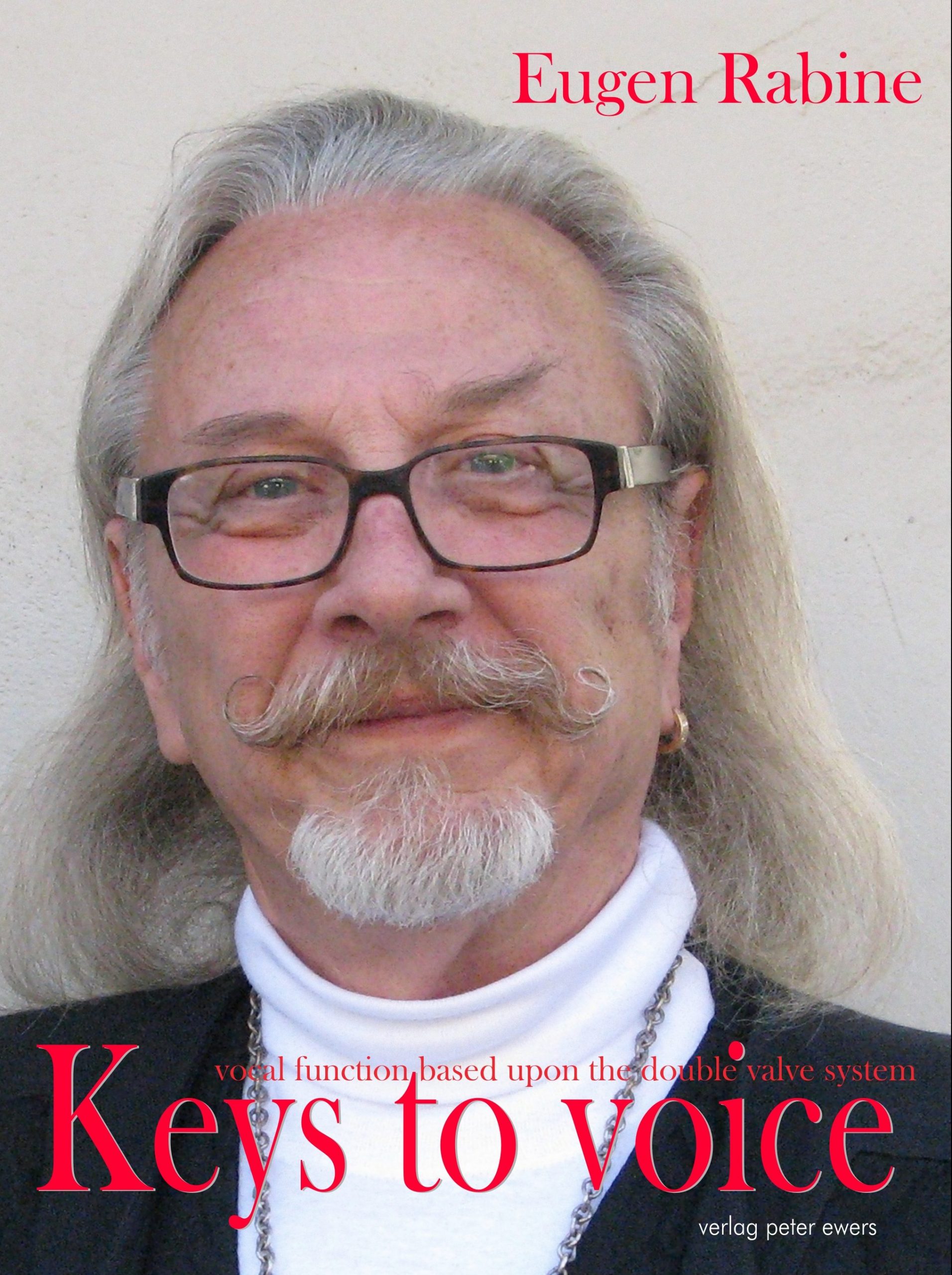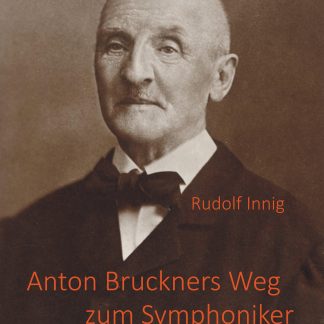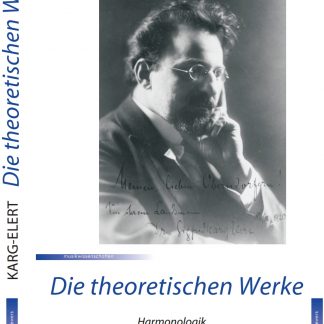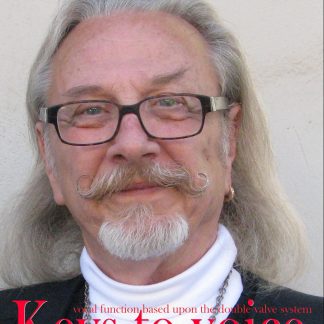Beschreibung
Eugen Rabine:
„Short overview of the method presented in this book
- a theory over vocal function based upon the double valve system,
- a theory over sensorimotoric learning in singing and psychological aspects of teaching and learning,
- the Rabine Method itself, which is developed out of these two theories,
a pedagogic that integrates the method with the experience and personality of the teacher, and - the application of this method in vocal training and vocal therapy.
The theories over the vocal function and sensorimotoric learning pertaining to vocal training is a fundamental work which incorporates the momentary scientific knowledge of the anatomical, physiological, neurological, psychological, acoustical, and the biological relationships of the human instrument producing voice. This indicates that the theories are not complete. Rather they are more a “state of the art“ process of knowledge as understood by the author.
„The vocal tract is the upper air way. With the valves this area forms the upper entrance way into the inner world of the individual. This sphincter system is also a major part of the breathing function which through its abilities to open and close has regulation abilities over the inhalation and exhalation activities. It contains the functions of chewing, swallowing and tasting. Also it contains all the functions of phonation. Thus this area has all the needed neuro-physical relationships for the codification of emotions. The psychosomatic results of all vocal tract and vocal lips movements is the conscious and subconscious codification of emotions (figure 2.9.b.) Therefore every change in the vocal function effects the emotional, psychological state of the singer, his/her behaviour to him/herself and his/her environment. The reverse is also true, every emotion effects the complete vocal function and resulting vocal sound.
Many psychosomatic relationships influence vocal function. Our psychological state affects our general muscular tension-relaxation level, our body posture, our movement potential at any given moment in time, and our behaviour towards ourselves and the outside world. All these, in turn, affect the voice. Thus, emotions, body state, and vocal function must be considered as a combined unit. The teacher must be aware of the emotional coding of every sound that is produced Every change effecting vocal function will affect this coding and the psychological-emotional state of the singer.
Evolution teaches us that the human body has a specific physiologically based vocal potential, and that the vocal differentiation, body dexterity, emotional expression, and psychosomatic relationships are highly interdependent, as are the various muscle systems within the body. A knowledge of these interrelationships and the potential for differentiation is essential to vocal training. Only with this knowledge can we train the original function (i.e., free it from social-cultural speech habits) and, in the process, develop a physiologically correct, differentiated, and healthy vocal function. The goal of vocal training should be to develop optimal vocal expression through greatest self-regulation with correct muscle coordination under minimal tension and minimal energy consumption (highest efficiency). The result will be a healthy voice, a beautiful voice of high performance and communication ability.“





Bewertungen
Es gibt noch keine Bewertungen.